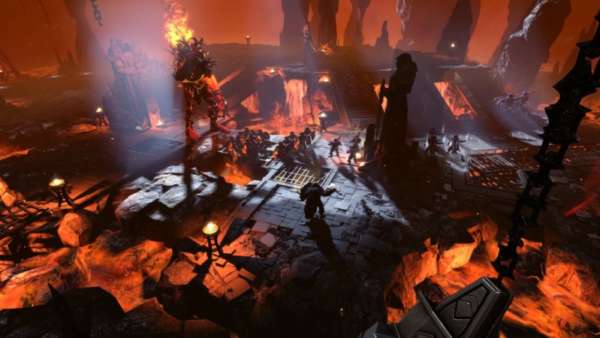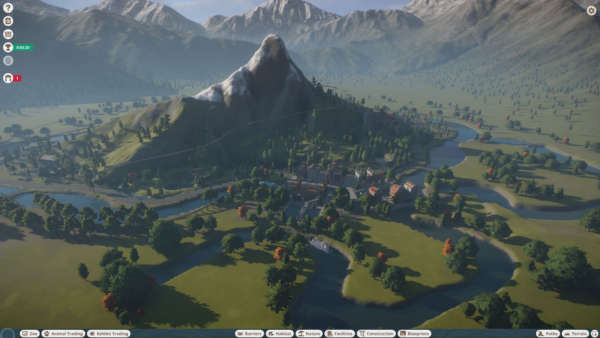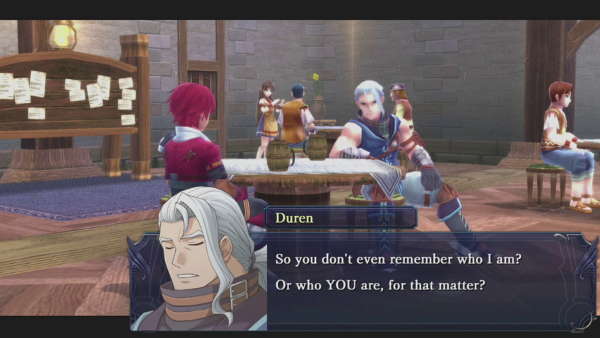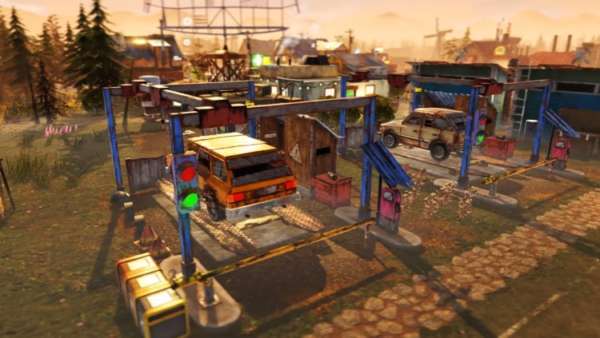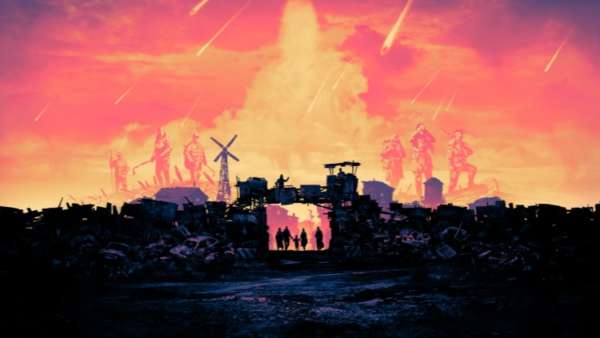With the recent fall of Maxis from EA due to reasons that could be linked to the poor reception of Sim City, gamers have been yearning for the next big city builder they can really get behind. One that gives you many options but is still simplistic enough to just pick up and play. Well Paradox Interactive have thrown their hat into the ring with Cities: Skylines, the next title in the Cities series. Can the game deliver the city builder we have truly wanted? Time to open up the gates to the city and find out.
The first thing to note about the game is how community driven it is. With full Steam Workshop capabilities as well as mod tools being released by the developers, players will be able to take this game to places it may have never been to normally. However with this being a good incentive to modders, the game does not give much variation to begin with on the side of starting maps. You have a variety of nine different areas, all with details to show landmass, water, mountainous regions and more. Although these maps are truly huge, it is a shame to see only luscious green lands to work with. People hoping to recreate cities like Las Vegas or Hong Kong will sadly have to wait and see if the community can whip something together for the Steam Workshop. The other problem map wise is that there is no random map generator. This is a shame to see as it could challenge those who are experienced at building cities and make for some brilliant variations.
Remember that you are not limited to your original square. Expand as you progress to take advantage of all the space.
Once you have chosen a map to base your city on, you are sent there and are given two roads leading in. The rest is up to you. Luckily the game comes with very well constructed tutorials to help you with the ground work on your first city. Although at first things may seem difficult, you will quickly get the hang of things. The key trick is to start small and work towards something bigger. Going overboard too soon can result in losing money, power, water or even people. As you build up your villa into a town and so on you will be given milestones rewarding you for your progress. These will give you money as well as unlock more buildings and extras to micromanage. This makes it so that you aren’t over-burdened with all the buildings off the bat and you are gradually introduced to new buildings and mechanics.
If there is one thing to fall in love with in this game its variation. There are so many different types of buildings and monuments to unlock in a session. As well as unlocks there are also big choices you will have to make for your cities design. Do you want a packed and controlled city with all the hussle and bussle of New York, or do you space your small towns away from one another and work on making a mega city to join them together? With no true guide on how to layout your cities, your imagination can truly run wild, which is great to see.
Another thing that was interesting to see in the game was the choice of how to power your city. Everything that powers your city comes with a consequence, whether that be air pollution, noise pollution or similar. With this in mind you then have to decide which route you would go down. Do you stick to power sources that rely on the land but can run out at any moment or do you go straight for the nuclear generator. There are even green options in the game if you wish to power your city via renewable sources. These come in the form of wind turbines, solar power stations and even dams for water generation. Whichever choice you make will result in different outcomes. Do you go with efficiency to keep the city alive but to the dislike of your citizens, or do you make them happy by giving them a completely green and luscious place to live that may be riddled with noise pollution? The choice is truly yours and you should experiment to find what works for you
and the right situation.
Do not be discourage by the space you are given. You can be surprised with how much of your city can fit.
The game keeps a lot of its material to realism, which is both a great thing as well as a slight let down. The good from this is that you will have at your disposal anything you can imagine being in a major city. From different districts constructed of housing and office blocks to entertainment centres and industrial zones. Transportation is abundant with the construction of bus, metro and train routes to connect towns and cities together. Even roads which you can keep to the bog standard one lane variant can be upgraded as far as a six lane road which can tie on to an entire motorway network. The trick to the game is that because there is so much to work with, making one city just isn’t enough. Making a combination of villages, towns and cities is the best way to go, all with their own sources of income and maybe even power supply.
But realism does come with a price in this case. Although pollution, death, illness, crime and fires are in the game as natural dangers, there does seem to be a lack of natural disasters. For example, what if you have wind turbines and a horrific storm picks up only to knock one of the lines down and take the power out? What if your nuclear power plant has a meltdown and you need to fix the problem before it goes critical? None of that can occur in the game and that is a shame. When livestreaming the game on Twitch.tv I tried to make a city so bad that no one would want to live there. But strangely enough no matter how much I polluted, wrecked or even tried to kill the citizens of my world, more people were coming to visit and on top of that, citizens were still happy. Is it possible that you cannot loose in this game no matter how hard you try? Not that I like losing, but random scenarios such as this can only make the game stronger. If pollution plays as big a role as it does, why can’t nature and poor construction do the same?
This could be your finished city. Can you do a better job?
Cities: Skylines is a brilliant city builder that allows you to expand as far as your imagination can go. With all the variation you would want as well as systems that are easy to learn, you will dip countless hours into this game. Although there is room for improvement when it comes to the maps and general disasters that could occur, these are only minor gripes. The game is worth every penny spent and is by far the best builder out on the market for 2015.
What do you think of Cities: Skylines? Ready to build the ultimate megacity or are you sad that Godzilla can’t come in and destroy your hard work? Let us know your thoughts in the comments.
